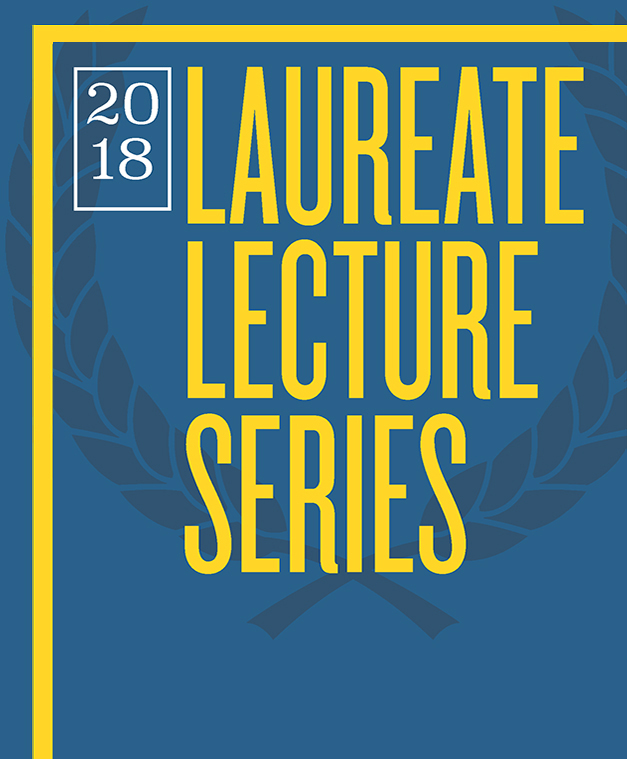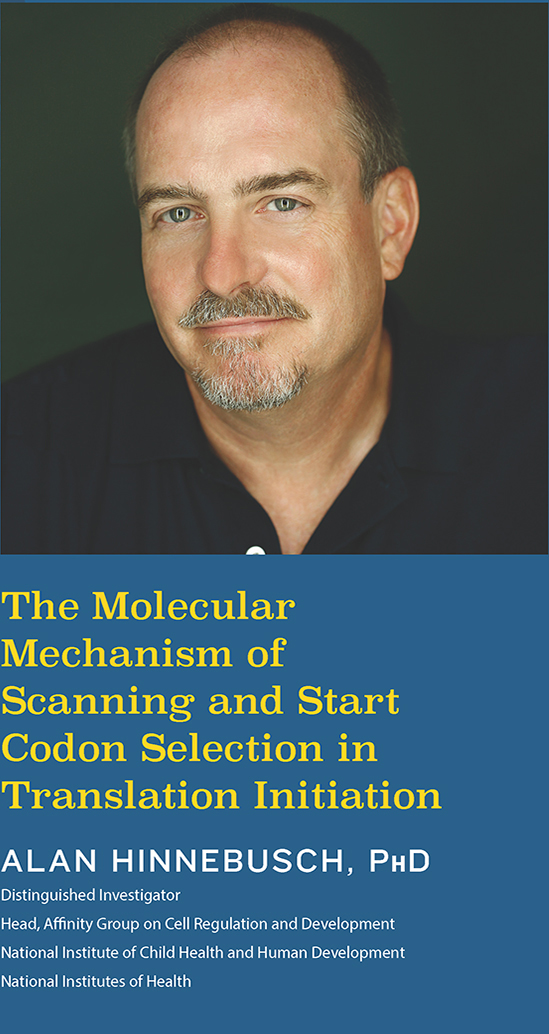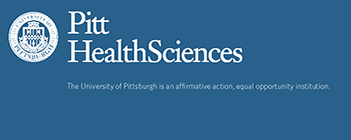Alan Hinnebusch, PhD, distinguished investigator and head of the Affinity Group on Cell Regulation and Development at the National Institute of Child Health and Human Development, National Institutes of Health, will deliver the final presentation in the 2018 Senior Vice Chancellor’s Laureate Lecture Series, a yearlong program featuring top biomedical researchers in their fields. Hinnebusch’s talk, “The Molecular Mechanism of Scanning and Start Codon Selection in Translation Initiation,” will be delivered at 4 p.m. on Wednesday, December 5, in Scaife Hall, Lecture Room 6 [View on University Calendar]. This seminar series is open to the public, including all interested University of Pittsburgh and Carnegie Mellon University faculty, students, and staff. Arthur S. Levine, MD, Pitt’s senior vice chancellor for the health sciences and John and Gertrude Petersen Dean of Medicine, will introduce Hinnebusch and lead the discussion following the lecture.
Hinnebusch seeks to elucidate the molecular mechanisms of gene regulation at the translational and transcriptional levels and illuminate signal transduction in eukaryotic cells. Using budding yeast as a model organism, Hinnebusch and his lab members investigate the genetic and biochemical processes that affect gene transcription and mRNA translation in living cells. He studies the pathway for inducing synthesis of Gcn4, a transcription factor which induces transcription of amino acid-biosynthetic genes and many other genes. Hinnebusch and colleagues discovered the novel regulatory mechanism that induces translation of Gcn4 mRNA, which is involved with regulating the expression of transcription factors in mammals and is connected to learning and memory processes in mice. His research has also shed light on the fundamental mechanisms behind eukaryotic translation initiation.
Hinnebusch received his bachelor’s degree in biology from the University of Dayton and his PhD in biochemistry and molecular biology from Harvard University. He completed a postdoctoral fellowship at Cornell University and at the Massachusetts Institute of Technology followed by a molecular genetics fellowship at NIH. Hinnebusch has been elected to the American Academy of Microbiology, the American Association for the Advancement of Science, the American Academy of Arts and Sciences, and, most recently, to the National Academy of Sciences.
A reception with light refreshments will follow the talk.
|

















